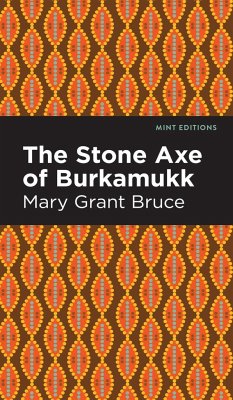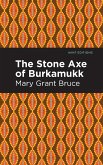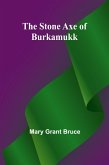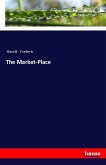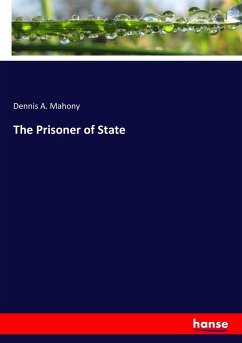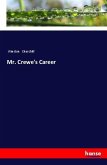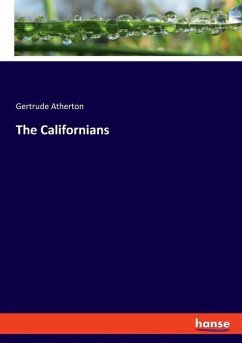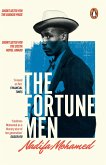The Stone Axe of Burkamukk (1922) is a collection of Aboriginal legends by Mary Grant Bruce. The product of extensive research on the Aboriginal peoples of Gippsland, Victoria, Bruce's collection was intended to educate Australian settlers regarding the traditions of those they had displaced. Despite drawing criticism for her use of racist stereotypes, Bruce's hope was that her work would force her fellow settlers to "see that they were boys and girls, men and women, not so unlike us in many ways, and that they could admire what we admire in each other." Recognizing her prejudices as a product of her time, one can appreciate The Stone Axe of Burkamukk as a record of Aboriginal tales as well as the writer's status in settler-colonial society. "The camp lay calm and peaceful under the spring sunlight. Burkamukk, the chief, had chosen its place well: the wurleys were built in a green glade well shaded with blackwood and boobyalla trees, and with a soft thick carpet of grass, on which the black babies loved to roll. Not a hundred yards away flowed a wide creek; a creek so excellent that it fed a swamp a little farther on." As the chief of a prosperous people, Burkamukk is both respected and feared by the inhabitants of the Australian bush. His stone axe, made with a sapling handle by the best craftsman of the tribe, is a symbol of his power and a useful tool for hunting. A generous leader, he often lends his axe to members of his tribe in return for a modest tribute. One day, when a hunting party comes back from a deadly encounter with a legendary kangaroo, Burkamukk swears an oath to avenge his lost tribesman. This edition of Mary Grant Bruce's The Stone Axe of Burkamukk is a classic of Australian literature reimagined for modern readers. Since our inception in 2020, Mint Editions has kept sustainability and innovation at the forefront of our mission. Each and every Mint Edition title gets a fresh, professionally typeset manuscript and a dazzling new cover, all while maintaining the integrity of the original book. With thousands of titles in our collection, we aim to spotlight diverse public domain works to help them find modern audiences. Mint Editions celebrates a breadth of literary works, curated from both canonical and overlooked classics from writers around the globe.
Hinweis: Dieser Artikel kann nur an eine deutsche Lieferadresse ausgeliefert werden.
Hinweis: Dieser Artikel kann nur an eine deutsche Lieferadresse ausgeliefert werden.

